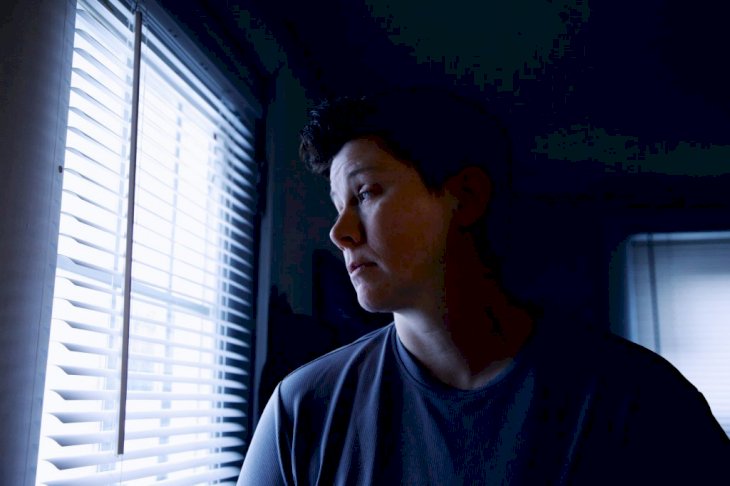
Navigating Grief & Loss While Social Isolating
Grief can take you down a lonely path, even more so during this time of social distancing. Many people have found themselves in uncharted waters when it comes to grieving during a pandemic.
Nobody ever has an easy time dealing with the loss of a loved one, no matter the circumstance. This uncomfortable and painful period of grieving has been made even worse by social isolation.
Those who are grieving don’t have the usual support of friends and family physically checking on them. This is also an issue for those who want to hug and hold their mourning loved ones but simply can’t.
I Wish I Could Be There

Photo by Külli Kittus on Unsplash
It wasn’t until the pandemic hit that many of us had to consider saying our final goodbyes on FaceTime. Until last year, most could find comfort in the fact that they could hold their loved ones before the end.
Unfortunately, as coronavirus infections rise, the reality of a loved one or you dying alone affects us all. It has become almost impossible to separate ourselves from death resulting in collective grief and anxiety.

Photo by Mike Labrum on Unsplash
Although intrusive thoughts can be mediated away, the loss has plagued all of us in one way or another. Whether a friend has lost a parent or you’ve lost your job or apartment, it has hit us like a truck.
While one deals with loss alone to follow safety precautions, loved ones are concerned with offering support. Texts and phone calls don’t seem to compare to a tight embrace to make your presence felt.
Navigating The New Normal

Photo by Shane on Unsplash
Grief is a constant in any human’s journey; we need to adapt our grieving ways for the times. It may seem better to try and ignore your negative emotions when alone, but you should do the opposite.
Experts suggest sitting with your feelings and identifying where they come from first. Once you know why you feel this way, pair the emotion with a comforting one like a memory or a feel-good activity.

Photo by Jennifer Griffin on Unsplash
An example of matching a negative emotion with something comforting can look like this: You may be sad that your grandmother lost her companion. Use this to call with her more often, thus strengthening your relationship.
There is also no shame in seeking professional ever and especially not during this time. Loss is already painful without the world’s external anxieties right now, so virtual therapy sessions may be ideal.
Prioritize Yourself

Photo by Gregory Pappas on Unsplash
Whether you have a friend who is grieving or you are mourning, it’s vital to first take care of yourself. This may range from setting a sleep schedule for yourself to muting your phone notifications for days.
The news, social media posts, and even your loved ones’ calls and texts can be overwhelming. Ensure that you pay close attention to how some of these things make you feel without fear of offending others.

Photo by Emma Simpson on Unsplash
You cannot be a sustainable support system for somebody if you are incredibly stressed and anxious. You also cannot deal with your grief and loss while feeling overwhelmed and frantic by outside influences.
Experts present that one should turn to their basic needs and habits to give them a sense of control. Don’t feel bad for neglecting your phone for a few hours to take a walk and cook a healthy meal at this time.